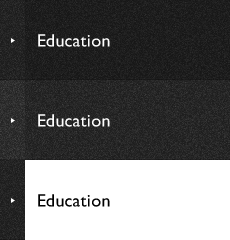Based on their basic knowledge of mathematics, applied mathematics, and computing science gained in the Undergraduate Program students can systematically study continuous and discreet mathematics, probability and statistics and their developing application, as well as more advanced knowledge and technology based on the newest research related to computing theory and practical applications. The program is structured to enable students to deepen their expertise and increase their practical and creative skills by performing their own research in Research Seminars, special experiments and exercises, and their master's thesis research.
-
- Mathematics
- Acquire broad, advanced knowledge in mathematics by learning both continuous and discreet systems. Students can deepen their own research through exposure to cutting-edge mathematics in Topics on Mathematical and Computing Science.
-
- Applied Mathematics
- Deal with mathematical models supported by more advanced mathematics theories and acquire computing techniques actually used in the real world. This cultivates the skills to discover new mathematical techniques for dealing with real-world problems.
-
- Computer Science
- Students gain a deeper understanding of the theoretical aspects of computing in the form of computational logic and complexity theory. Students also learn the skills to practically handle large-scale data from the real world such as high performance computing.
*1 Indicates the standard model where the master's program is completed in two years.
. Any information published on this site will be valid in relation to Science Tokyo.


